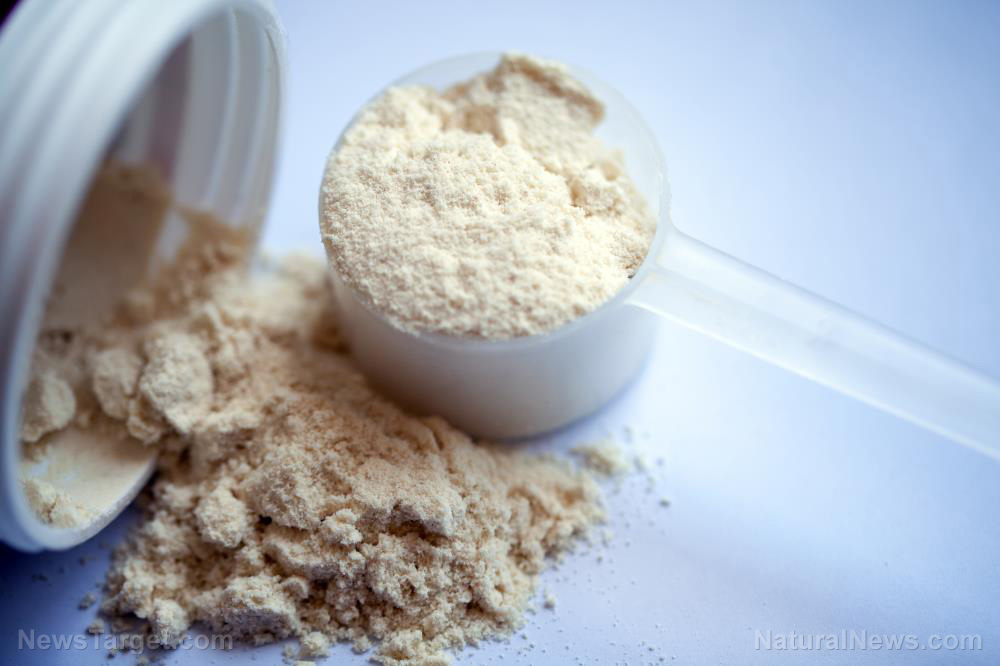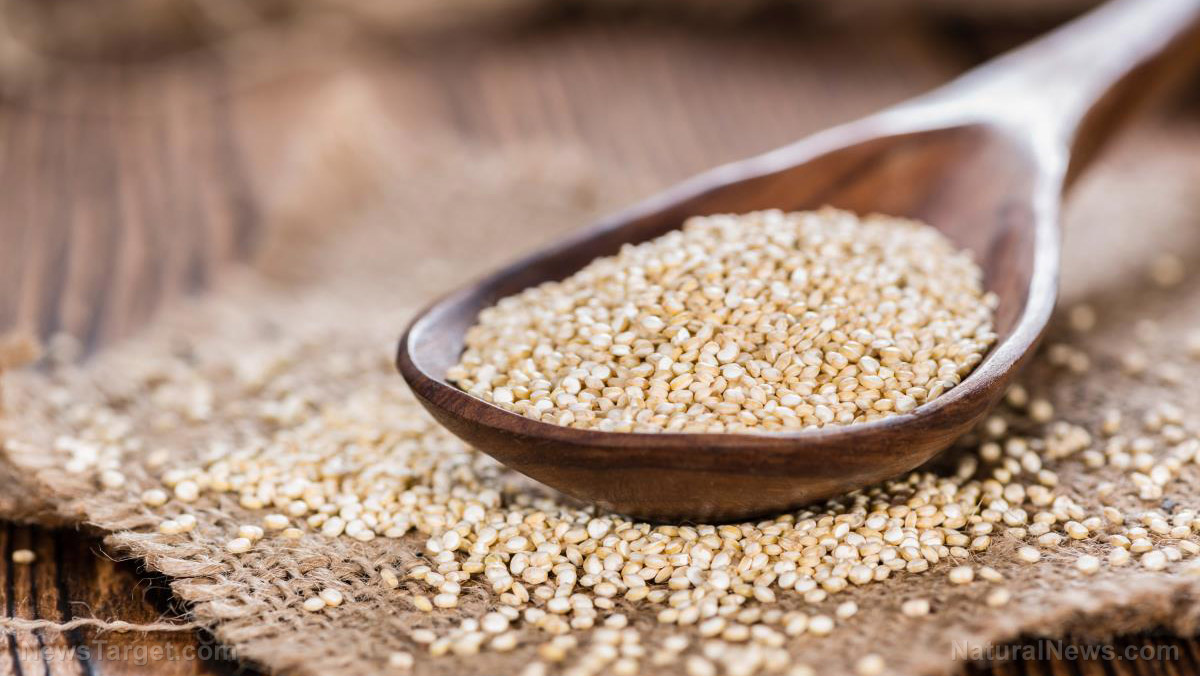Vitamin C found to help prevent metabolic syndrome associated with diabetes, heart disease and stroke
03/18/2021 / By Nolan Barton

One is enough. Two is too much. Three is, well, deadly.
Having at least three risk factors of metabolic syndrome — which include high blood pressure, high blood sugar levels, high triglycerides, low levels of high-density lipoprotein (HDL) cholesterol and extra fat around the waist — is like inviting death to your doorstep. This is because having metabolic syndrome increases your risk of life-threatening diseases, such as heart disease, stroke and diabetes. Research has also found that vitamin C deficiency has something to do with metabolic syndrome.
The link between vitamin C deficiency and metabolic syndrome
Current estimates show nearly 40 percent of Americans have metabolic syndrome. It is a worrying figure, but something that can be corrected with ease or, to be more precise, with vitamin C.
A recent study has found a link between metabolic syndrome and vitamin C deficiency. For people with metabolic syndrome, the normal recommended amount of vitamin C is not enough.
Diets heavy on processed sugars and saturated fats cause chronic inflammation, which can lead to metabolic syndrome. According to the study, which appeared in Redox Biology, that same eating habit can also cause an imbalance in the composition of the gut microbiota, which impairs gut function. This, in turn, causes toxins to leak into the bloodstream — a condition called endotoxemia that’s further aggravated by vitamin C deficiency.
Vitamin C protects vitamin E, a nutrient that also functions as an antioxidant. Not having enough of the former makes you lose the latter, resulting in an imbalance between the levels of antioxidants and free radicals inside the body. This phenomenon — known as oxidative stress — can cause chronic inflammation. (Related: Research: The real cause of heart attacks is vitamin C deficiency.)
“If there’s too much fat in the diet, it causes injury to the gut. Bacterial cell walls can then leak from the gut and slip into circulation in the body, and they’re chased down by neutrophils,” explained Maret Traber, a professor at Oregon State University and the study’s lead author.
Neutrophils are the most abundant type of white blood cells in the body. They kill bacteria by producing hypochlorous acid, a weak acid that’s also used in household disinfectants such as bleach. But while this mechanism helps eliminate microbial threats, it unfortunately destroys vitamin C. Without proper intervention, this process will keep repeating itself; hence, eating plenty of foods rich in vitamin C is especially important for combating metabolic syndrome.
“People with metabolic syndrome can eat the same amount of vitamin C as people without metabolic syndrome but have lower plasma concentrations of vitamin C,” Traber said. “We’re suggesting that’s because this slippage of bacterial cell walls causes the whole body to mount that anti-inflammatory response.”
Vitamin C: champion of the immune system
Vitamin C is a potent antioxidant that does a lot of heavy lifting for the immune system. Research suggests that maintaining healthy vitamin C levels is crucial for fighting acute infections and neutralizing toxins that can cause serious health issues. Vitamin C also promotes optimal immune function.
Because of the many roles vitamin C plays inside the body, people are required to get adequate amounts of this nutrient from their daily diet. Children between 9-13 need to get 45 milligrams (mg) of vitamin C every day. Boys between 14-18 need 75 mg, while girls of the same age need 65 mg. Adult men are required to get 90 mg of vitamin C from their daily diet, while adult women need to get 75 mg.
Fruits and vegetables are the best sources of vitamin C. You can meet your daily vitamin C requirement by eating a variety of foods, such as citrus fruits and their juices, red and green bell pepper, and kiwifruit. Broccoli, strawberries, cantaloupe, baked potatoes and tomatoes also contain vitamin C.
Individuals with metabolic syndrome may consume the same amount of vitamin C as others but continue to have lower levels in their body. Therefore, they need to get more vitamin C than most people do.
They can increase their vitamin C intake by eating more fresh fruits and vegetables or taking vitamin C supplements. The vitamin C in dietary supplements usually comes in the form of ascorbic acid, but it can also come in other forms, such as sodium ascorbate and calcium ascorbate. Research has not shown that any form of vitamin C is better than the others.
Follow Nutrients.news for more articles on essential nutrients that help fight diseases.
Sources include:
Tagged Under: alternative medicine, antioxidants, diet, disease treatments, immune system, metabolic health, metabolic syndrome, natural cures, natural medicine, nutrients, prevention, remedies, supplements, vitamin C, vitamin C deficiency
RECENT NEWS & ARTICLES
COPYRIGHT © 2017 NUTRIENTS NEWS




















